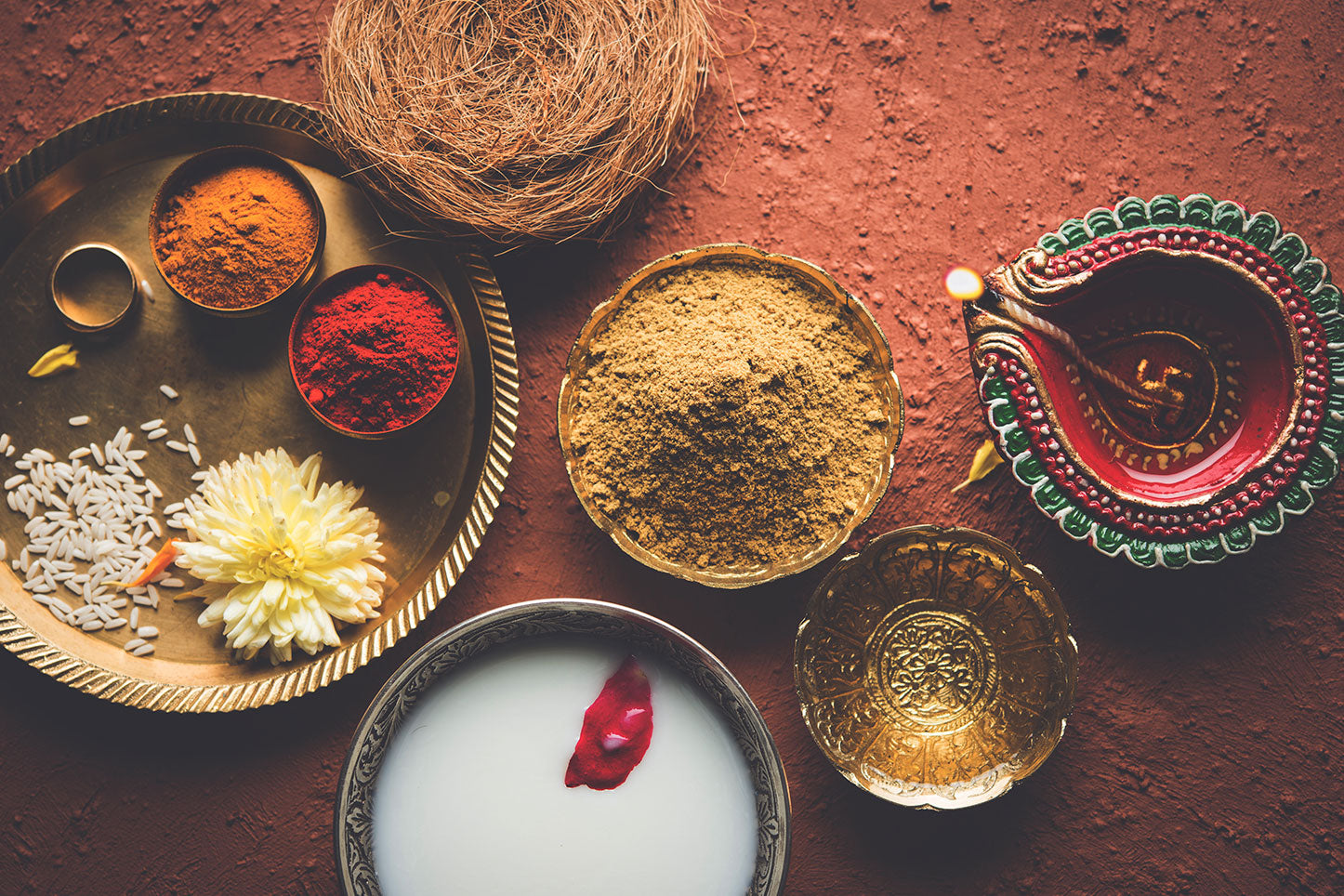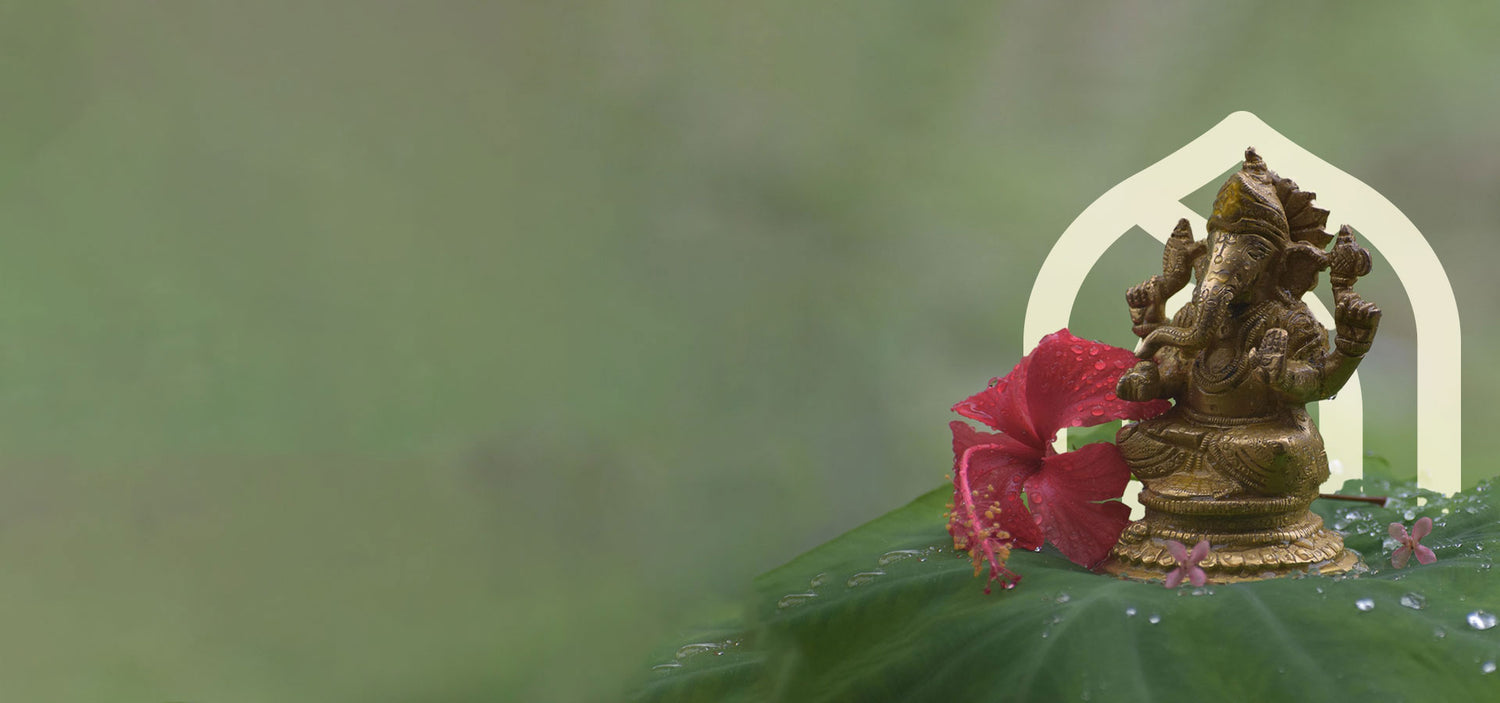As the ancient texts say:
To protect health and prolong life
To eliminate diseases and dysfunctions of the body




Ancient Healing
Ayurveda is the traditional health system of the Vedic civilisation of ancient India. With roots stretching back thousands of years, it is regarded as the world’s oldest holistic healing practice. Grounded in the understanding that life is a unified whole, Ayurveda weaves together the physical, mental, emotional and spiritual aspects of being.

While Ayurveda is not a replacement for Western allopathic medicine, the two can complement one another. Western medicine typically addresses symptoms and diseases through pharmaceuticals and surgery. Ayurveda, by contrast, seeks to restore balance by drawing on a profound understanding of our natural constitution — promoting harmony between body, mind and spirit, and thereby supporting the prevention and healing of disease through the balanced flow of vital energy. Ayurveda, by contrast, seeks to restore balance by drawing on a profound understanding of our natural constitution — promoting harmony between body, mind and spirit, and supporting wellbeing through the balanced flow of vital energy.
What is Health?
According to Ayurveda, true health is a state of balance. It exists when the following elements are in harmony:

Agni
Agni means digestive fire. It governs digestion, absorption, and transformation of food into energy. When Agni is strong, the body is nourished, toxins are reduced, and vitality is supported. Weak Agni can lead to imbalance.

Doshas
The three doshas — Vata (movement), Pitta (transformation), and Kapha (structure) — are present in all of us in unique proportions. This mix, called prakriti, shapes our body and mind. Balance among the doshas brings health and natural radiance.

Malas
Malas are the body’s natural waste products: urine, faeces, and sweat. Their regular elimination is essential. If waste builds up, toxins can accumulate and disturb the body’s balance.

Dhatus
Dhatus are the seven bodily tissues: Rasa (plasma and lymph), Rakta (blood), Mamsa (muscle), Meda (fat), Asthi (bone), Majja (marrow and nerves), and Shukra (reproductive tissue). When all function properly, the body stays strong, and the mind and senses work in harmony.

Who needs Ayurveda treatment?
When the balance of Agni, the Doshas, Malas, or Dhatus is disturbed, it can affect how the body and mind function. Ayurveda helps restore this balance and gently supports the body’s natural healing processes. But it is not only for times of imbalance — for those in good health, Ayurveda offers guidance for long life and lasting vitality. It is a path to sustaining wellbeing, not just restoring it. Ayurveda is recommended for everyone.








